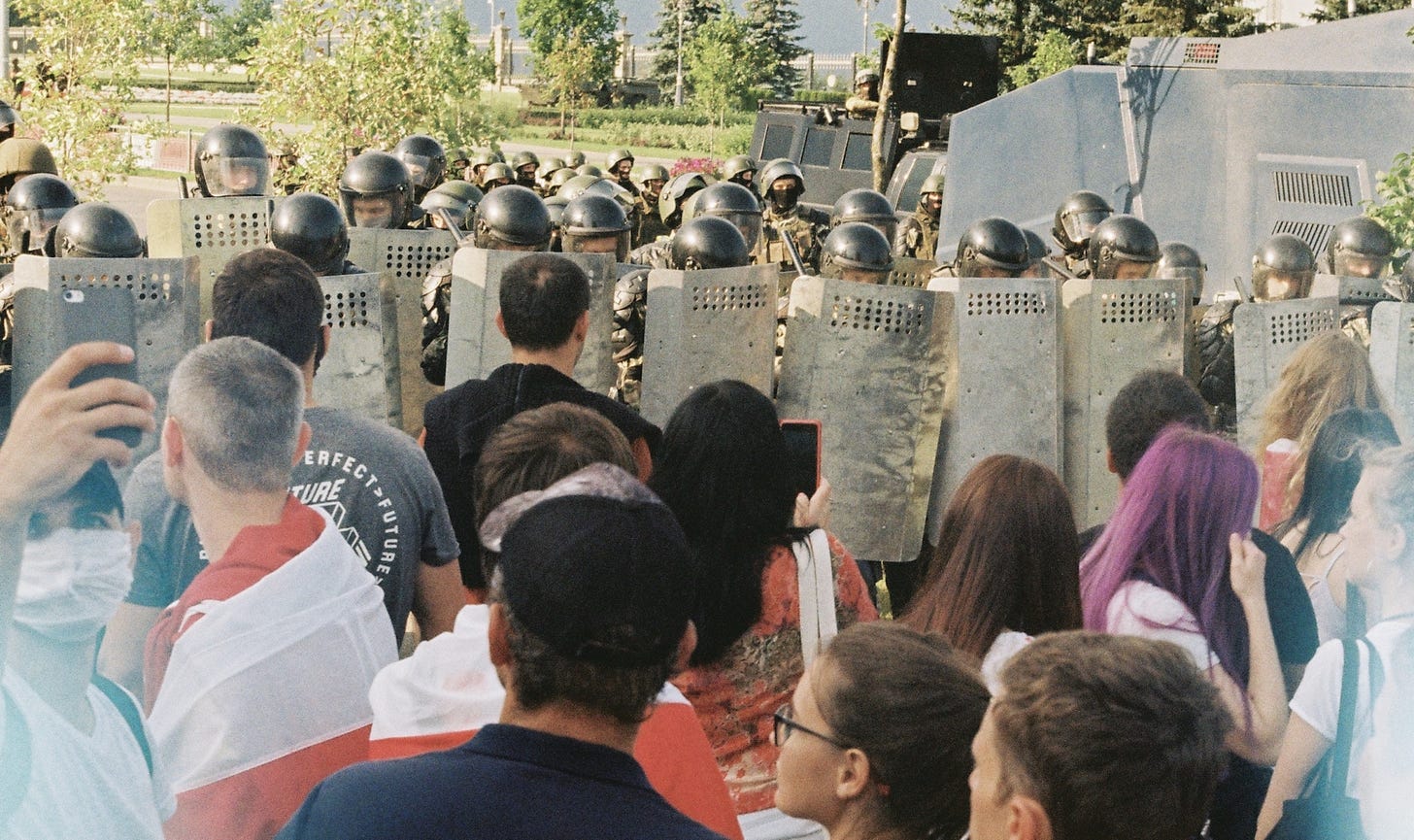On May 23, 2021, the eastern European nation of Belarus attracted international attention by forcing a Ryanair plane to land in its capital city of Minsk while flying through Belarusian airspace. What was the motivation for this command, and what are the ramifications for the freedom of Belarusians?
According to Belarusian authorities, the forced landing…




